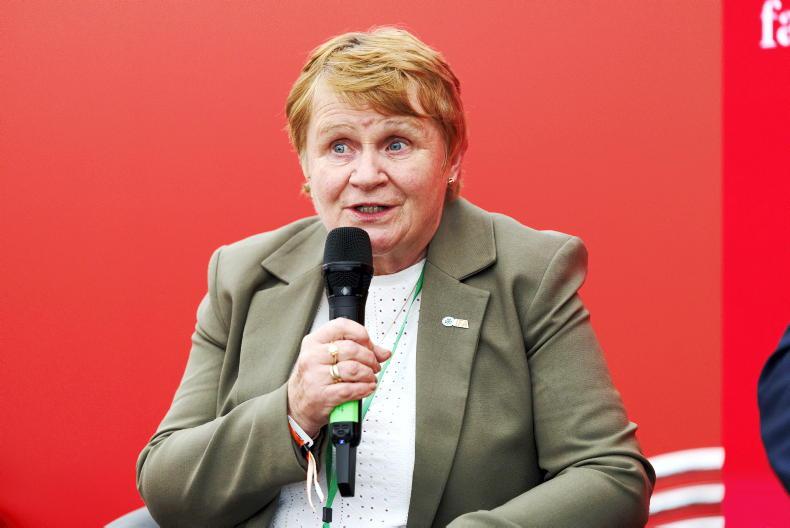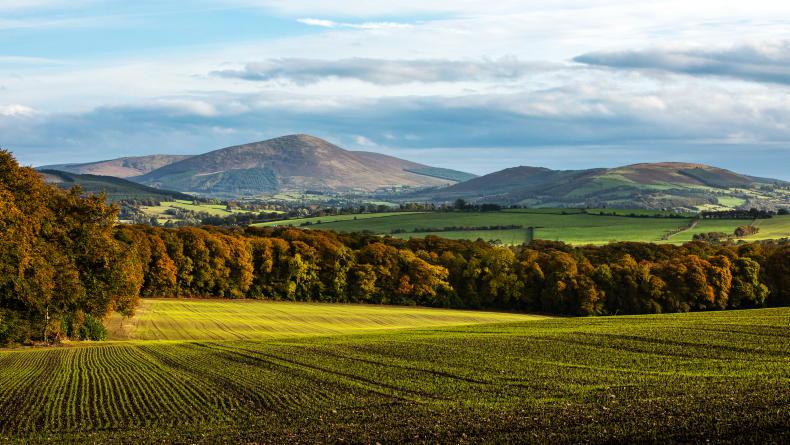If the 2016 EU referendum result had been different, farmers in NI would now be facing some fundamental changes to CAP schemes, due to come into force from 1 January 2023.
The current basic payment scheme (BPS) is being replaced with the basic income support for sustainability (BISS) payment.
However, 25% of the BPS budget is being hived off for new eco schemes, with a further 10% going on a complementary redistributive income support for sustainability (CRISS) payment, which is a scheme to front-load payments onto the first 30ha of land.
Few local farmers will probably miss the acronyms from Brussels or the various rules and regulations, particularly those designed to cater for central European member states.
Brexit
As a result, it is important to recognise that Brexit has given NI the ability to design policies suited to farming here, although whether we end up in a significantly different place to farmers in the Republic of Ireland is perhaps questionable.
Aside from designing local policies suited to farmers, it is still difficult to see what other benefits Brexit will bring for agri-food.
There are no great trade opportunities to be availed of, that couldn’t be realised while still an EU member.
Instead, what we have seen is rushed deals done with Australia and New Zealand for political gain, and which set a dangerous precedent for local farmers.
When former Defra secretary of state George Eustice admitted in Westminster last Monday that the UK had given away too much in the Australian deal, it was a reminder not to fall for the post-Brexit political spin from government ministers.
In public, new British Prime Minister Rishi Sunak continues to extol the same fantasies about post-Brexit opportunities for the UK. In private, he surely must realise that closer ties around standards and rules with the EU will benefit British business and is key to solving the impasse around the NI protocol.
Read more
Farmer questions answered on new CAP schemes in Tuam
Decisions made on future NI farm support
If the 2016 EU referendum result had been different, farmers in NI would now be facing some fundamental changes to CAP schemes, due to come into force from 1 January 2023.
The current basic payment scheme (BPS) is being replaced with the basic income support for sustainability (BISS) payment.
However, 25% of the BPS budget is being hived off for new eco schemes, with a further 10% going on a complementary redistributive income support for sustainability (CRISS) payment, which is a scheme to front-load payments onto the first 30ha of land.
Few local farmers will probably miss the acronyms from Brussels or the various rules and regulations, particularly those designed to cater for central European member states.
Brexit
As a result, it is important to recognise that Brexit has given NI the ability to design policies suited to farming here, although whether we end up in a significantly different place to farmers in the Republic of Ireland is perhaps questionable.
Aside from designing local policies suited to farmers, it is still difficult to see what other benefits Brexit will bring for agri-food.
There are no great trade opportunities to be availed of, that couldn’t be realised while still an EU member.
Instead, what we have seen is rushed deals done with Australia and New Zealand for political gain, and which set a dangerous precedent for local farmers.
When former Defra secretary of state George Eustice admitted in Westminster last Monday that the UK had given away too much in the Australian deal, it was a reminder not to fall for the post-Brexit political spin from government ministers.
In public, new British Prime Minister Rishi Sunak continues to extol the same fantasies about post-Brexit opportunities for the UK. In private, he surely must realise that closer ties around standards and rules with the EU will benefit British business and is key to solving the impasse around the NI protocol.
Read more
Farmer questions answered on new CAP schemes in Tuam
Decisions made on future NI farm support









SHARING OPTIONS